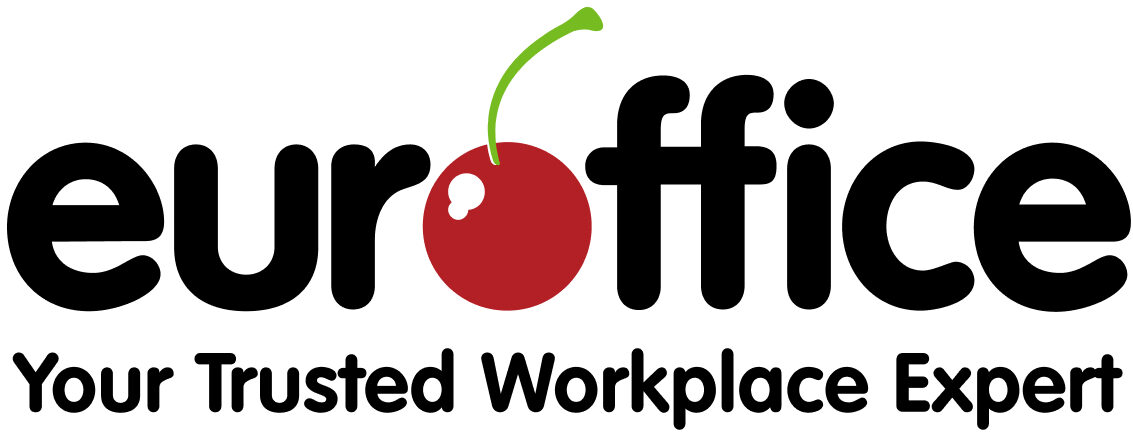We all have to count the pennies and balance our budgets, whether you’re an employee or an entrepreneur.
If you find that you’re living beyond your means in your business or simply unable to get a grip on your finances, here’s how to save money and keep a rein on running costs.
Power down computers and turn out the lights
Do you remember being a kid and leaving lights on around the house and being told off for wasting money? I bet that attitude changed when you started paying the bills, right? But in offices, people leave lights and computers on all the time, because they don’t think about it.
Encourage staff to switch off before going home. Calculate how much money you’re saving and put a percentage into a charity shop, so people can see their good habits are doing good deeds. And if you leave the lights on so passers by can see your wares at night, why not do a test where you measure sales for lights on vs. off and see if it really makes a difference to your bottom line.
Ask employees to treat company money like their own
Again, you might need to offer a charity or bonus pot as an incentive, but when it comes to staff ordering supplies for the business, encourage them to spend wisely. Task them to go through purchases line-by-line to root out waste and to find new suppliers, placing small orders to test them out in terms of quality and service.
If you regularly place bulk repeat orders for the same items, say printer paper, see if you can spot some reams that haven’t been used up yet. This will allow you to lower your costs for your next order. (Surprising advice from a stationery supplier, but Euroffice is always on your side. We’re confident we offer a superlative services and great prices.)
Make the most of unused floorspace
I used to work with a company that leased several floors of an office building, but sub-let half of a room to a start-up. It was just a few desks’ worth of space, but it gave the fledgling firm a foothold and raised money for the business I was at. They weren’t going to use it, so why should they pay rates on dead space? Just make sure that you like the people you’ll be working alongside – you won’t be able to escape them, after all.
I have fire, you have wood. Trade?
Going back to the idea of taking stock, if you need something but don’t want to dip into petty cash, see if you can set up a bartering relationship with a supplier.
We’ve written before about a how business can set up such deals, and there’s scope for all manner of trades. Perhaps a printer can run off menus for a local café in exchange for catering customer events or even, on a bigger note, you might think of swapping soda for vodka (as Pepsi did with the Russians in the 1970s).
When staff move on, see if their jobs can be shared
If you find out that one of your team is voluntarily changing jobs – a sign that you’re doing something right by training them well – see if their colleagues can pick up their workload. If they can, you may not need to fill that role again. Remember though, that this isn’t an excuse to overburden or stress other employees. That will just bring productivity down. (You can also think about giving out a bonus based on the money you saved when the person left).
And a final tip for busted-budget business people
Don’t eat out at lunchtime. One report estimates that workers spend £2,500 a year on breakfast, hot drinks, lunch and snacks. Another article I’ve found suggested that, on lunch alone, we’ll spend £90,000 over the course of our working life. 90k!
Take a packed lunch to work and buy your soft drinks and snacks in bulk, rather than paying a premium at a vending machine or paying for ‘food by post’ services. Heck, you could even club together to buy a really nice coffee maker for the office and in the long run you’ll still come out on top.
CHECK OUT OUR AMAZING SUMMER COMPETITION: #EuroPlanes
If you get a chance, please take a few minutes and leave a review for us on Trust Pilot and/or Review Centre
Previously on The Euroffice Blog…
Don’t Be Stationery, this summer







